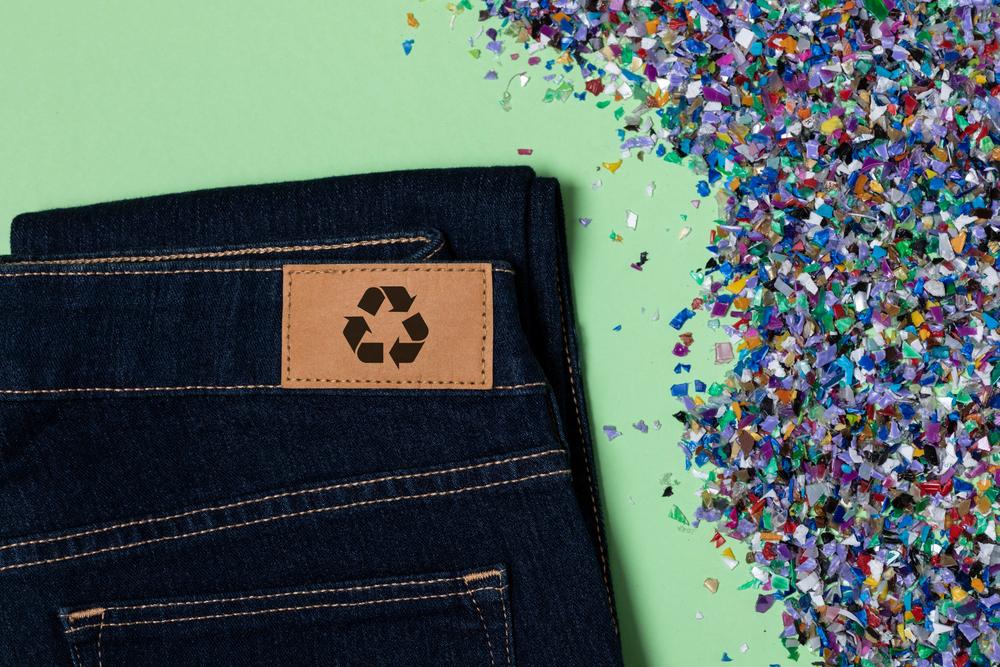Falling sperm counts and changes to sexual development are “threatening human survival” and leading to a fertility crisis, Shanna Swan, a leading epidemiologist has warned.
Swan, an environmental and reproductive epidemiologist at Icahn School of Medicine at Mount Sinai in New York, warns that the impending fertility crisis poses a global threat comparable to that of the climate crisis. This comes after a study she co-authored in 2017 found that sperm counts in the west had plummeted by 59% between 1973 and 2011, making headlines globally. Now, Swan says, following current projections, sperm counts are set to reach basically zero in 2045.
The focal part of the study points to lifestyle and chemical exposures that are changing and threatening human sexual development and fertility. Such is the gravity of the threats they pose, she argues, that humans could become an endangered species. What's scarier is that cancers, depression, lung and heart damage, microbiome issues, and skin issues are also associated with exposure to toxic chemicals.
Which chemicals in particular? There are a huge amount of toxic chemicals that fall into this category, ranging from pesticides, plastics, formaldehyde (and other flame retardants), synthetic dyes, toxic air pollution, and industrial waste, to name a few.

Opok was actually founded because of Swan’s and similar studies around the harmful effects of long term chemical exposure. While a lot of people might be conscious of pesticides in food, most people don’t understand the magnitude of exposure through environmental and household objects. Items Like furniture, cooking vessels, hair and body products, and clothing all contain toxic forever chemicals that our bodies absorb through contact and inhalation. Skin is our largest organ and physically touching objects made with these materials causes the chemical to be introduced into our bodies. That’s why wearing clothes that are either made from these chemicals (ie polyester or recycled plastic bottles) or that have these chemicals in their makeup (ie toxic dyes, flame retardants, pesticides, etc) should be something we start to be conscious of avoiding.
Opok’s performance clothing is made from organic materials and dyes and we also give back a portion of our proceeds to helping sectors that are affected the most from industrial pollution.




Leave a comment
This site is protected by hCaptcha and the hCaptcha Privacy Policy and Terms of Service apply.